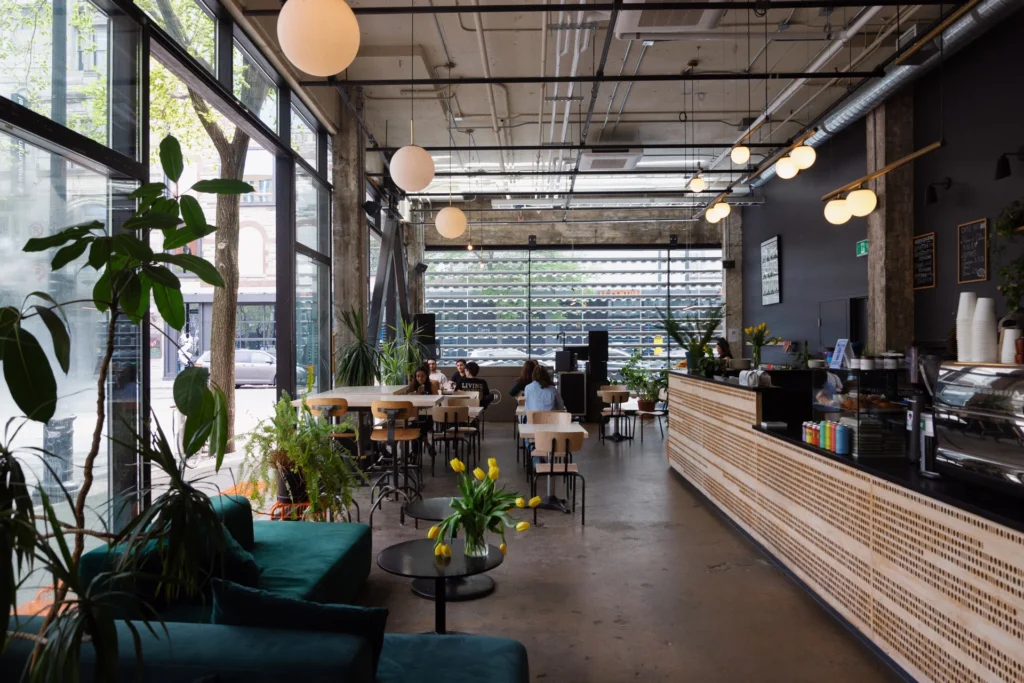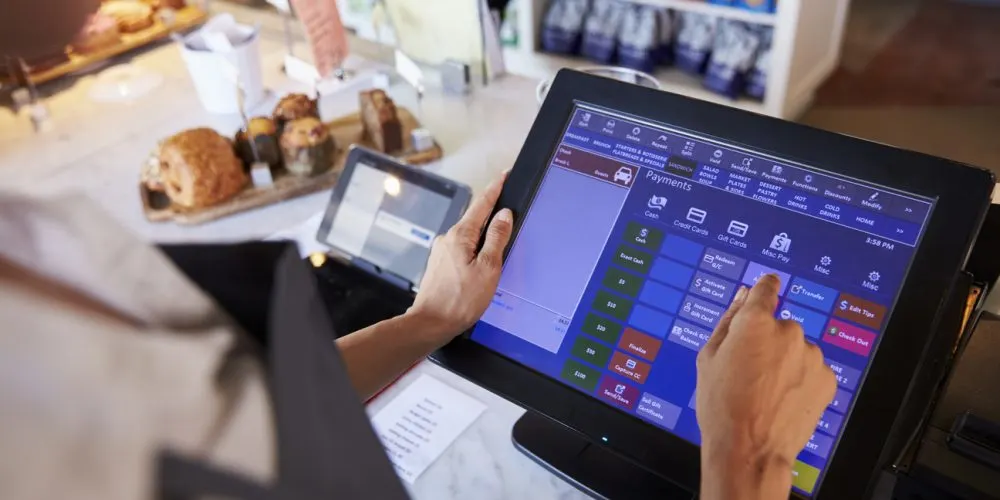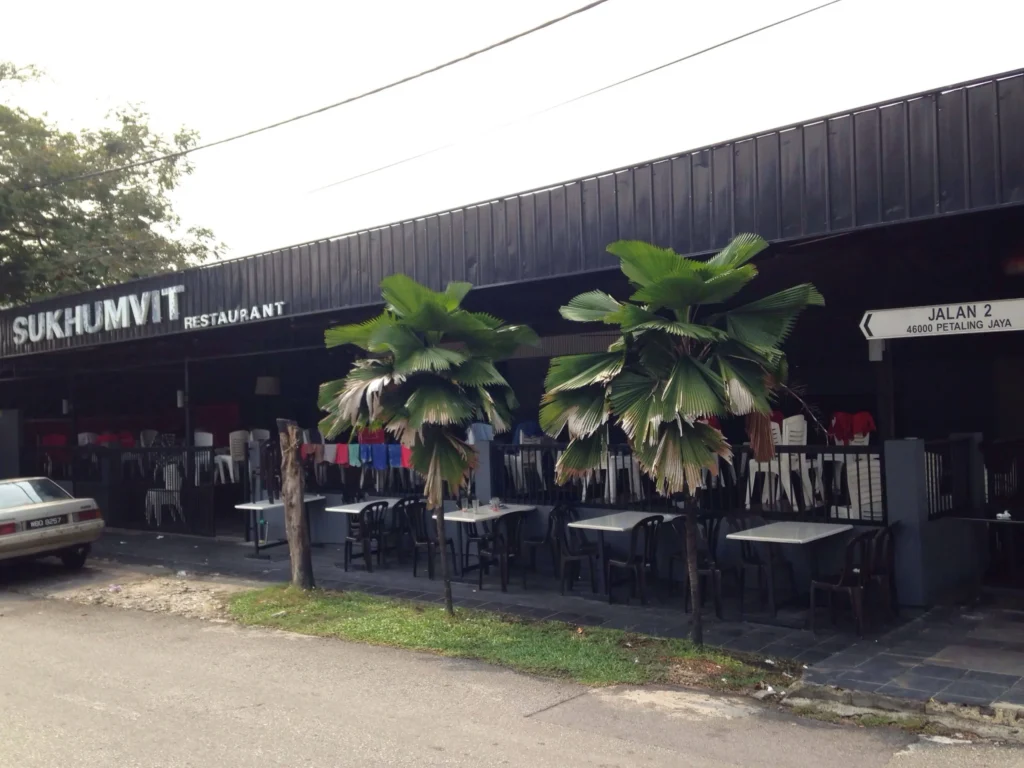How Thai Businesses Are Quietly Embracing Crypto Payments in 2025
Let’s be honest—crypto payments in Thailand felt like a far-off idea just a few years ago. A handful of tech shops or niche cafés maybe toyed with the idea, but it wasn’t exactly mainstream. Fast forward to 2025? Things are shifting. Quietly but steadily, businesses across Thailand—from beach bars to Bangkok salons—are dipping their toes into crypto waters.
So… why now? What’s changed?

From Curiosity to Cash Flow: The Rise of Crypto Payments in Thailand
In 2025, Thailand isn’t just a digital nomad hotspot anymore—it’s becoming a playground for crypto-savvy entrepreneurs and spenders. Local businesses, especially in tourist-heavy areas like Phuket and Chiang Mai, are starting to accept USDT, BTC, ETH, and even lesser-known tokens.
Some do it for buzz—“We accept crypto” signs still turn heads. Others genuinely see it as a way to attract younger, international customers who are already used to paying with their wallets, not their banks.
And here’s the kicker: it’s not just cafés or street vendors. Real estate agents, boutique hotels, and yes—even some dental clinics—are jumping in.
No, it’s not everywhere, but it’s happening. Quietly. Organically.

Why Thai Businesses Are Saying Yes to Crypto Payments
Look, the baht’s been steady… but inflation, global uncertainty, and a more digitally fluent customer base are pushing business owners to consider alternatives. Crypto offers a few tempting benefits:
- Lower fees (sometimes) compared to credit cards
- Faster settlement, especially across borders
- Broader appeal for tourists or expats who live off crypto
“I don’t care about Bitcoin—I care that my customers can pay me easily,” said one Phuket bar owner, who recently started accepting USDT and ETH using a simple wallet-to-wallet system.
Of course, not everyone’s diving in headfirst. Some try it for a month, get zero transactions, and quietly back out. Others stick with it, hoping it grows over time.

Credit from : Crypto Rank
Is It Legal, Safe… or Just a Trend?
Ah yes, the big question: Is this even allowed in Thailand?
Short answer—yes, with a few caveats. Thailand’s SEC has tightened crypto regulations in recent years, but using crypto as a means of payment—rather than a security—is still permitted in certain contexts. Businesses need to report and document transactions, and prices must still be listed in Thai baht under current rules.
So it’s not quite “crypto wild west,” but it’s also not banned. There’s a bit of gray area, and depending on who you ask—some say that’s good for innovation. Others say it’s confusing as heck.
As for safety? Wallet tech has come a long way, but scams and wallet errors still happen. A few Thai businesses are using third-party crypto POS systems to simplify things. Others keep it DIY.

What It Looks Like on the Ground
If you’re picturing some futuristic hologram-style payment system… eh, not quite. Most of the time it’s as simple as scanning a QR code and sending USDT or BTC from a mobile wallet. The staff checks it’s received—done.
In Bangkok, crypto-friendly restaurants in places like Sukhumvit are seeing slow but steady adoption. One manager told us: “Maybe 1 out of 30 customers pays with crypto—but those that do? They spend more. It’s like they want to use it.”
In Chiang Mai, a handful of co-working spaces and cafés have started adding crypto to their payment options, especially near the digital nomad hubs.
And in Phuket? Beach resorts and boat tours accepting stablecoins are slowly becoming a thing.

The Road Ahead for Crypto Payments in Thailand
Is this the new normal? Maybe. Maybe not. Adoption is still niche, but it’s gaining traction—especially where the clientele is young, global, and tech-forward. Some big-name franchises are watching from the sidelines, while indie businesses take the lead.
If the government provides clearer guidelines and if more crypto-backed tourists flood in, we could see wider rollout by late 2025 or 2026.
But even now, the trend is clear: crypto payments in Thailand are no longer a novelty—they’re a growing part of the business landscape. Quiet, yes. But real.
So next time you’re grabbing a coconut coffee in Koh Samui? Don’t be too surprised if the barista asks: “Cash, card… or crypto?”




